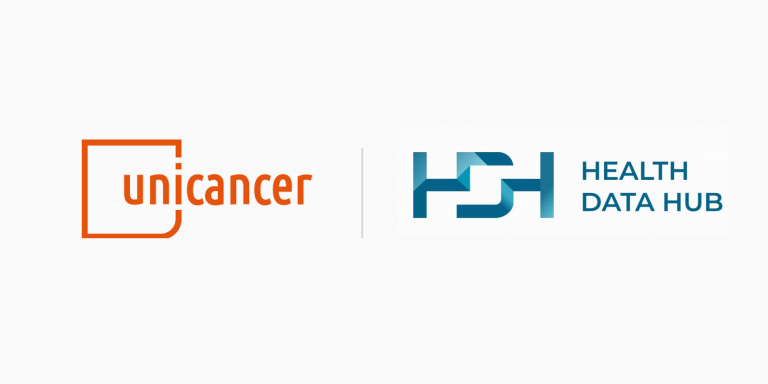
Health Data Club (HDH) and Unicancer signed a partnership agreement in July 2021 to jointly build the Unibase program, with the goal of creating a working environment for processing health data through innovative analytical approaches. At the end of November, Unicancer and the HDH unveiled this program and launched the first Unibase call for expressions of interest (AMI) to accelerate research, based on real-life data, in oncology.
In France, cancer is the leading cause of death in men and the second leading cause of death in women, with more than 380,000 cases reported each year. Medical and scientific progress has led to huge advances in the fight against this disease. Unicancer and the Cancer Research Centers (CLCC) are among the major players in recent developments in cancer research.
New research hypotheses have emerged with the development of new biomarkers, the prediction of treatment effects and better management of fragile populations and rare cancers.
France has many assets: medical and applied mathematics research that is among the best in the world, a remarkable medico-administrative database, and a very active ecosystem of start-ups in these fields.
Secure databases
The Health Data Hub was created to cross-reference health databases and facilitate their use by numerous research and development teams, while fully respecting patient privacy.
The partnership between Unicancer and the HDH aims to link available data and exploit them in a secure technological environment with artificial intelligence methods, to create a collection of reference databases in oncology in three years. To this end, databases will be shared between the CLCCs and other hospital and community structures, in a highly secure environment that respects the principles of personal data protection.
The centralization of data, the cross-referencing of multiple sources and the link between
The centralization of data, the cross-referencing of multiple sources and the link between clinical, imaging and omics data are the innovative strengths of this project.
The AMI for collaborative research in cancer
This first call for expressions of interest (AMI) Unibase is the initial step in the construction of the collection of reference databases in cancer research based on pilot projects whose data and results will be made available to the scientific community.
This first AMI UNIBASE is open to the 10 CLCCs that have a data warehouse
Consore (search engine for big data in oncology). The projects will have to be in line with one of the four axes defined by the ten-year strategy to fight cancer 2021-2030: improving prevention, limiting after-effects and improving quality of life, and fighting cancers with a poor prognosis, while ensuring that progress benefits everyone.
This AMI aims to select innovative and mature projects, bringing together data from several CLCCs, thus enabling the application of artificial intelligence methods. The selected projects will be supported by Unicancer and HDH, and will be carried out on the HDH technological platform, which will finance them.
After the AMI
The data provided by the pilot projects conducted within the framework of the UNIBASE program will then be shared from the HDH’s technological platform in order to accelerate health research. This collection of databases will make up the “catalog”, built in a progressive and iterative manner, in partnership with the data collectors concerned.
By contributing to this sharing, the pilot projects will participate in the decompartmentalization of the
and innovation in the field of cancer research. Based on this first experience, the two structures will open UNIBASE at the national level in 2023-2024 to other CLCCs not using Consore and to other hospital structures (CHU, ESPIC, regional warehouses). Data interoperability and modeling based on international standards will be the objectives of future work.
Translated from L’Intelligence Artificielle pour accélérer la lutte contre le cancer









